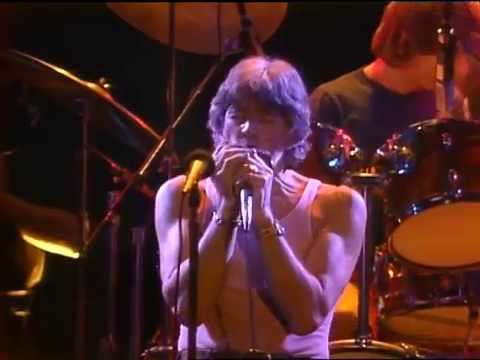In the annals of blues history, one song stands out as a testament to the soul-stirring genius of British musician John Mayall – “Room to Move.” This blues-rock anthem, nestled within his 1969 album “The Turning Point,” serves as a sonic pilgrimage through the depths of human longing and the pursuit of freedom.
At its heart lies Mayall’s mesmerizing harmonica prowess, intertwining with his soulful vocals to weave a tapestry of raw emotion. With each note, he beckons the listener into a world of introspection and yearning, where the desire for personal liberty reigns supreme.
The lyrics, dripping with honesty and candor, echo the universal cry for autonomy. Mayall’s voice carries the weight of generations as he sings of the longing for space and the autonomy to carve one’s own path. Lines such as “Now when you keep on talkin’, baby / You know you’re only wastin’ time” resonate with a raw authenticity, striking a chord with listeners from all walks of life.
But “Room to Move” is more than just a lyrical declaration of independence – it is a musical odyssey that transcends genre boundaries. The energetic rhythm pulsates with an infectious groove, a hallmark of the blues rock tradition. Yet, woven within its fabric are subtle hints of jazz, showcasing Mayall’s unparalleled musical versatility and mastery.
From the smoky depths of dimly lit clubs to the grand stages of sold-out arenas, “Room to Move” has etched its place in the hearts of fans worldwide. Its bluesy allure and unforgettable harmonica riffs have become a quintessential part of John Mayall’s live performances, igniting crowds with its fiery passion and infectious energy.
As the years roll by, “Room to Move” remains a timeless classic in Mayall’s illustrious discography. Its spirited and expressive musical style serves as a beacon of inspiration for generations of blues enthusiasts, a reminder of the transformative power of music to transcend boundaries and touch the soul.
In the end, “Room to Move” is more than just a song – it is a testament to the enduring legacy of a musical icon and a celebration of the boundless human spirit.
